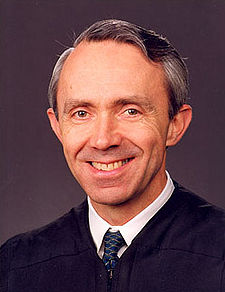An “Incredible” New Evidence Article
 I’ve been reading a fascinating new article by Dan Blinka entitled “Why Modern Evidence Law Lacks Credibility.” (A draft can be downloaded from SSRN here.) Dan is exploring the clumsy handling of witness credibility issues in the rules of evidence. A major theme is the tension between, on the one hand, the teachings of modern psychology regarding the limited capacity of jurors to make accurate assessments of witness reliability and, on the other hand, a widespread public confidence in the ability of laypeople to judge credibility on the basis of “common sense.” In the conflict between expertise and common sense, Dan comes down on the side of the latter, emphasizing the importance of the common-sense approach in ensuring the legitimacy of trials.
I’ve been reading a fascinating new article by Dan Blinka entitled “Why Modern Evidence Law Lacks Credibility.” (A draft can be downloaded from SSRN here.) Dan is exploring the clumsy handling of witness credibility issues in the rules of evidence. A major theme is the tension between, on the one hand, the teachings of modern psychology regarding the limited capacity of jurors to make accurate assessments of witness reliability and, on the other hand, a widespread public confidence in the ability of laypeople to judge credibility on the basis of “common sense.” In the conflict between expertise and common sense, Dan comes down on the side of the latter, emphasizing the importance of the common-sense approach in ensuring the legitimacy of trials.
I particularly enjoyed Dan’s recounting of a colorful early encounter between psychology and evidence law. In 1907, Hugo Münsterberg, a German psychology professor (pictured above), launched a “scientific” attack on the premises of Anglo-American evidence law. Taking up the gauntlet on behalf of the law was the legendary evidence professor John Henry Wigmore, who responded to Münsterberg with what Dan seems quite rightly to characterize as a “savagely brilliant critique.” Score: Law-1, Psychology-0.
Here is the abstract of Dan’s article:


